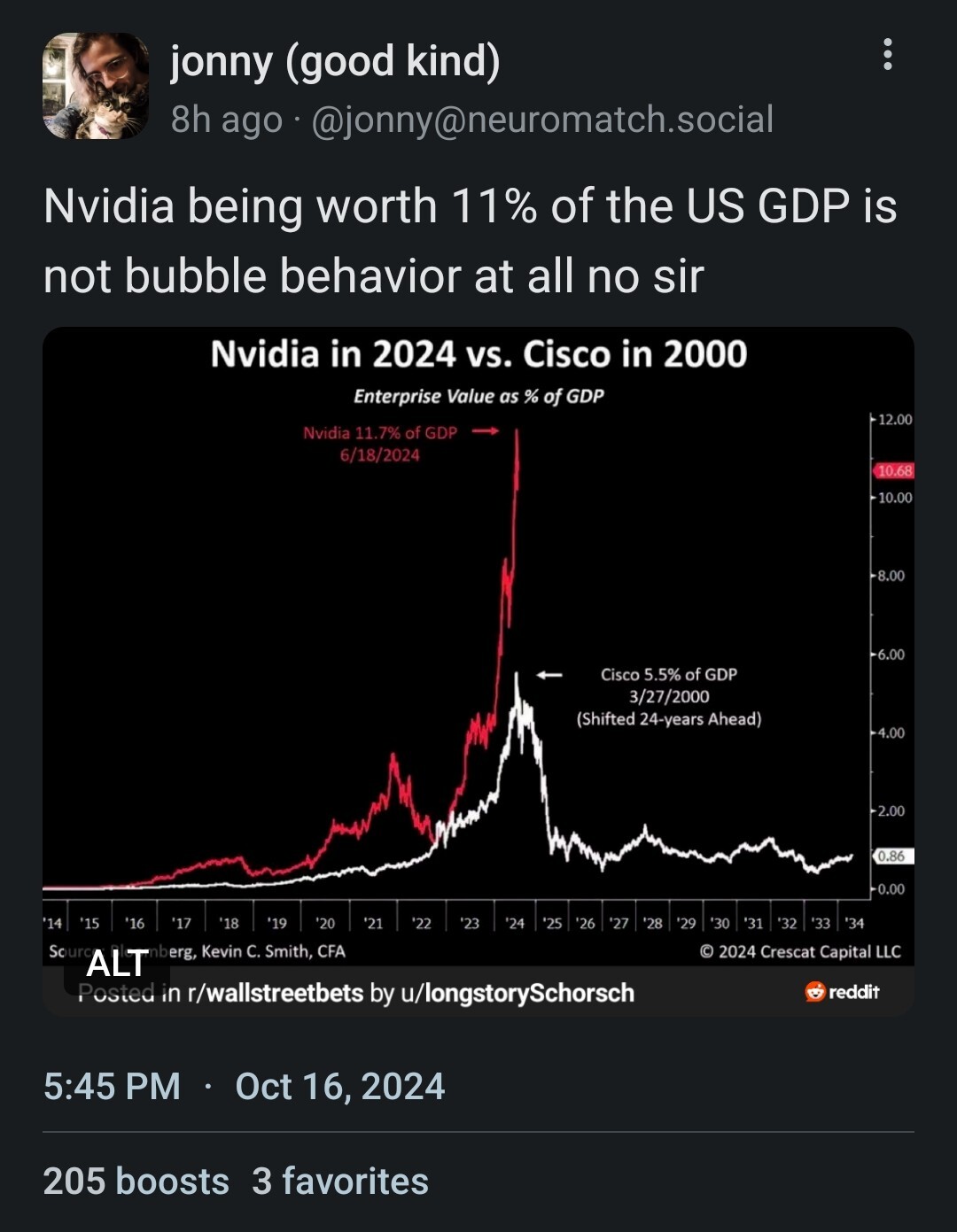Economics
423 readers
12 users here now
founded 2 years ago
2
3
5
6
7
9
10
11
12
13
14
15
16
17
18
19
20
21
22
1
Boeing crafts plan to furlough ‘many’ employees as workers strike for higher pay
(www.theguardian.com)
23
24
1
US inflation softens to lowest level since February 2021 as Fed prepares to cut interest rates
(www.theguardian.com)
25
view more: next ›
